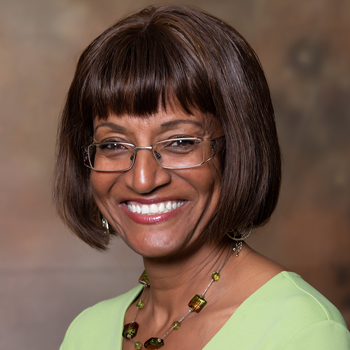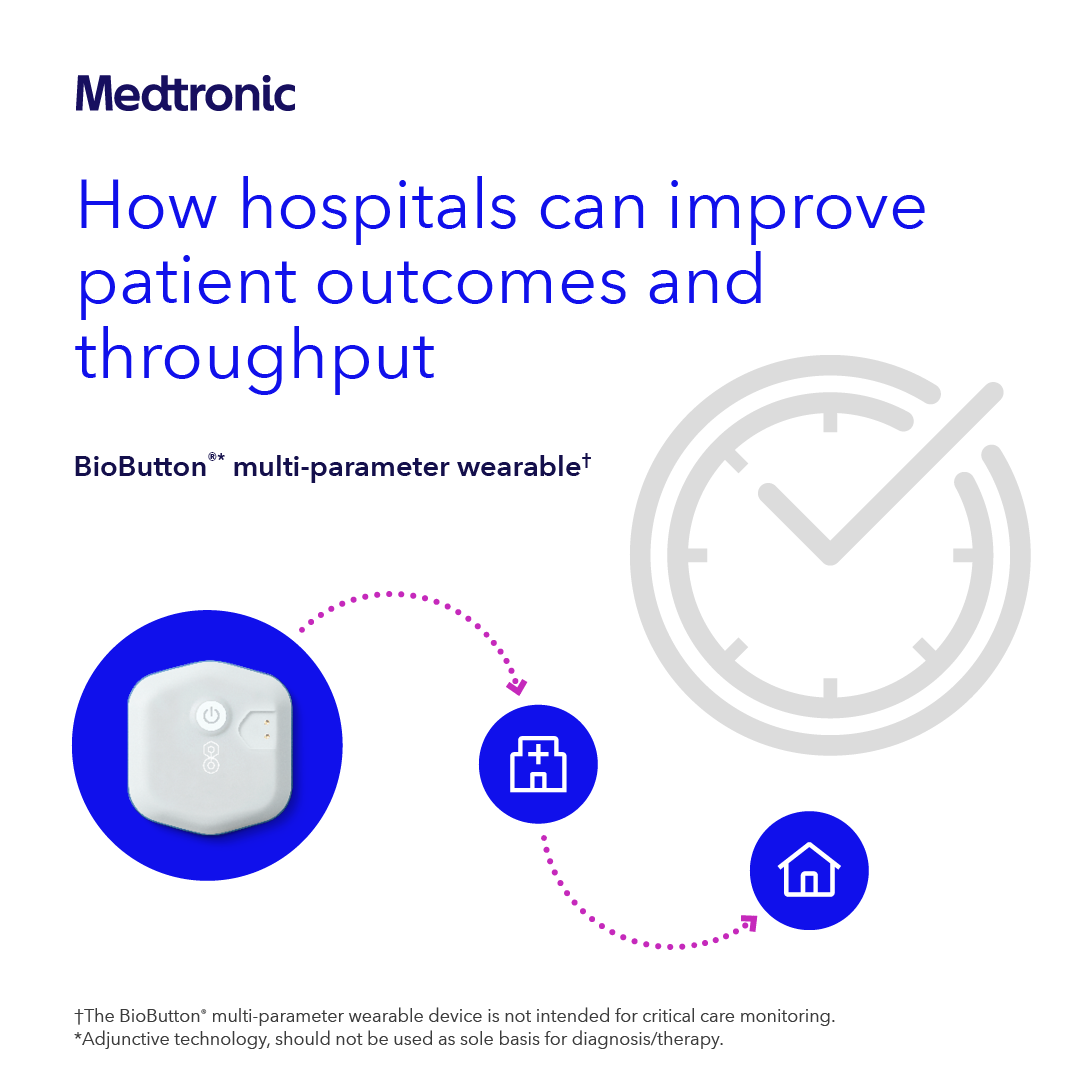Changing Times

Nursing has always been a profession with constantly changing dynamics, expectations, and lived realities. As nurses we recognize the impact of change on the care we provide to our patients, families, and the communities we serve.
However, we don’t always recognize the impact of change on ourselves and our nursing peers. We inherently know that change is difficult, especially when it seemingly occurs over and over and over.
Sometimes when leaving work, it seems as though you have the new expectations figured out, and when you return to work, the expectations have changed again!
Many of us are also hearing terminology rarely learned in nursing school or in our years of nursing practice. Terms such as team nursing, contingency staffing, and disaster charting are becoming our new norm. Many of us have become accustomed to primary nursing and total patient care in which we have more involvement with our patients.
Now we need to change and learn new methods of providing care in which we are the team leaders, and we must learn to delegate non-essential care to members of our newly created teams.
In addition, many nurses fear that with the recent increase in Covid-19 cases, the visitors who provide support to our patients may soon no longer be allowed to visit their friends and families in our hospitals, long-term care facilities, and skilled nursing facilities again.
As a result, we, as nurses, will need to resume the often-painful conversations with those family members who so desperately want to see their loved ones, but who may no longer be permitted in our facilities.
Needless to say, working and living in a constantly changing healthcare environment can lead to anxiety, insomnia, burnout, and depression in ourselves and our nursing colleagues. Consequently, we as nurses need to learn to participate in self-care activities even in the midst of a pandemic.
There is truth to the old adage: “If you don’t take care of yourself you can’t take care of others.” Even in the midst of a pandemic we as nurses have to be aware of our needs for sleep, nutrition, fitness, and companionship.
While practicing social distance is essential, there are many activities we can participate in that will allow us to help heal ourselves. Those low-risk activities include walking, running, cycling, golfing, tennis, fishing, and for the food lovers amongst us, restaurant pick-up.
Many of us also find that reading takes us to a quiet place of comfort and solitude. Poetry, action and adventure, romance, crafts/hobbies, cookbooks, prayer, health/fitness, and educational books are but a few of the options that are available for your reading pleasure.
Many nurses are studying for the CMSRN exam and forming online study groups to meet their needs for education and companionship. They are setting personal goals to take the CMSRN exam because they recognize that goal setting also helps to increase resilience.
Goal setting allows us to help prepare for an uncertain future. It helps us to take control of our lives and improves our ability to deal with the stressors that surround us.
Whatever is your preferred self-care activity, just do it! Nurses and healthcare workers have been under tremendous stress since the start of this pandemic and find they are getting lost, while caring for others.
So, take the time to find out what makes you happy and reclaim your joy and sanity!
Take care of yourselves.
Sincerely,
Antoinette



